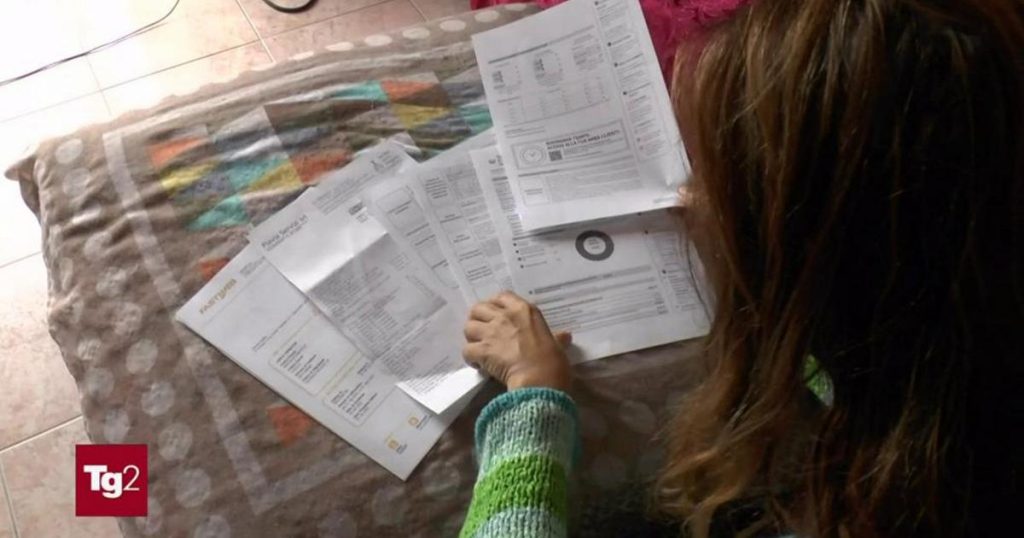International tensions and cold winter weather are expected to cause an increase in electricity and gas bills starting in January. The main reason for the price hikes is the deadline tomorrow for the agreement between Russia and Ukraine for the transit of methane to Central Europe. Without a renewal, Gazprom’s supplies to the Old Continent, including Italy, will come to a halt on Wednesday. For Italy, the Energy Regulatory Authority (Arera) predicts an increase of over 18% in electricity prices in the first quarter of 2025. The increases will particularly impact the most vulnerable categories, such as the elderly over 75, recipients of social assistance, disabled individuals, and those who rely on life-saving devices. Customers in the free market will see varying price increases depending on their contracts, with those who have chosen fixed-price offers faring better. Gas prices in Amsterdam have been rising for several days, a trend that has continued throughout December. Arera will set the new price on Friday, potentially leading to increases in heating costs as well.
The increase in energy prices is expected to have a significant impact on consumers, especially those who are already struggling to make ends meet. The most vulnerable groups, such as the elderly and disabled, will be hit the hardest by the price hikes. It is crucial for these individuals to find ways to reduce their energy costs, such as by implementing energy-saving measures in their homes or switching to more affordable energy providers. The government may also need to step in to provide assistance to those who are most affected by the price increases.
The situation is further complicated by the ongoing tensions between Russia and Ukraine, which could potentially disrupt the flow of gas to Europe. If the agreement between the two countries is not renewed, it could lead to a shortage of gas in several European countries, including Italy. In this scenario, consumers could face even higher energy prices and possible supply shortages, further exacerbating the already difficult situation.
In light of these challenges, it is important for consumers to be proactive in managing their energy costs. This includes being mindful of their energy consumption, implementing energy-saving measures, and exploring alternative energy sources. Switching to more energy-efficient appliances and making improvements to the insulation of their homes can also help reduce energy bills in the long run. Additionally, consumers should regularly review their energy contracts to ensure they are getting the best possible deal and consider switching providers if necessary.
The government and regulatory authorities also have a role to play in mitigating the impact of rising energy prices on consumers. This could include implementing measures to protect vulnerable groups from excessive price increases, promoting energy efficiency initiatives, and ensuring that consumers have access to accurate information about their energy options. By working together with consumers and energy providers, the government can help alleviate the financial burden on those most affected by the price hikes.
In conclusion, the upcoming increase in energy prices, driven by international tensions and cold weather, is expected to have a significant impact on consumers in Italy. It is crucial for individuals to take proactive steps to reduce their energy costs and for the government to implement measures to support those most affected by the price hikes. By working together, consumers, energy providers, and the government can navigate these challenges and ensure that everyone has access to affordable and reliable energy sources.


